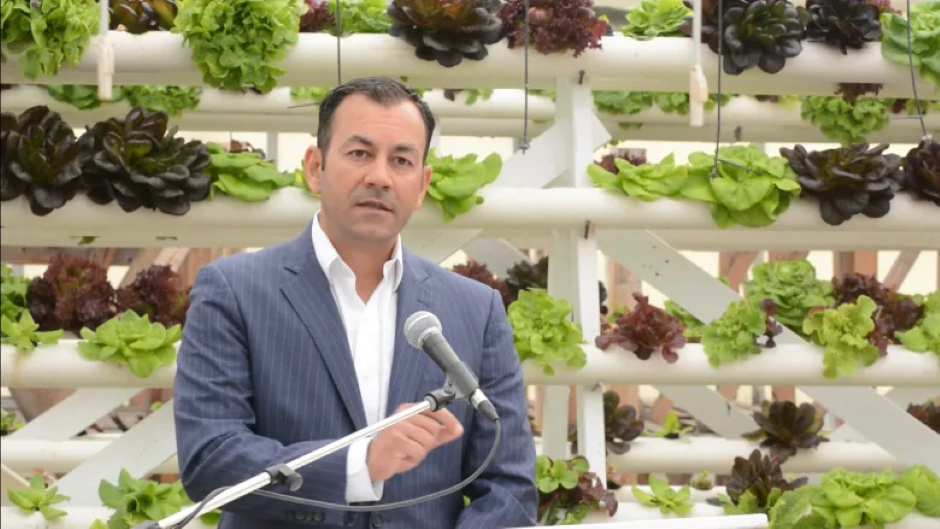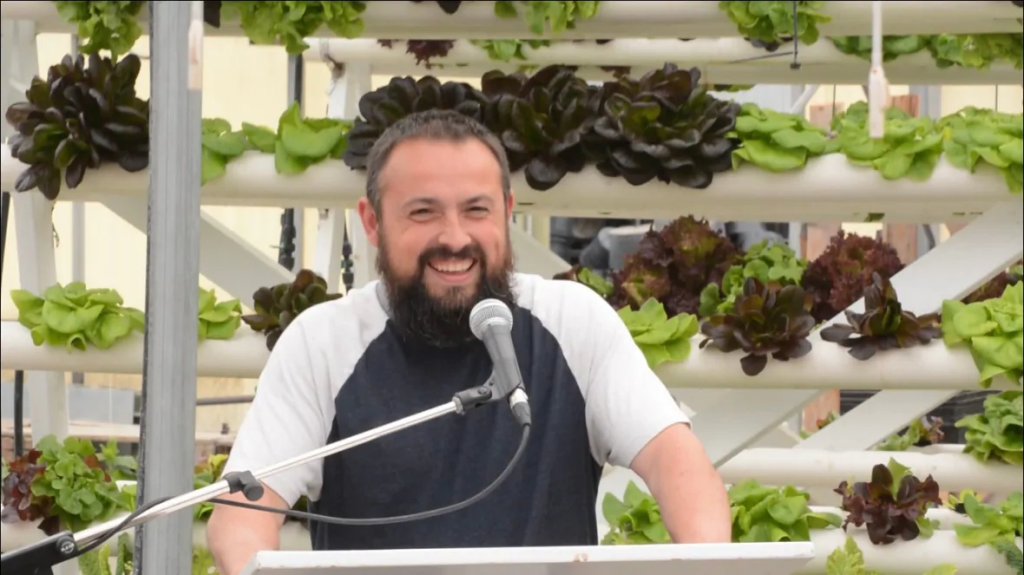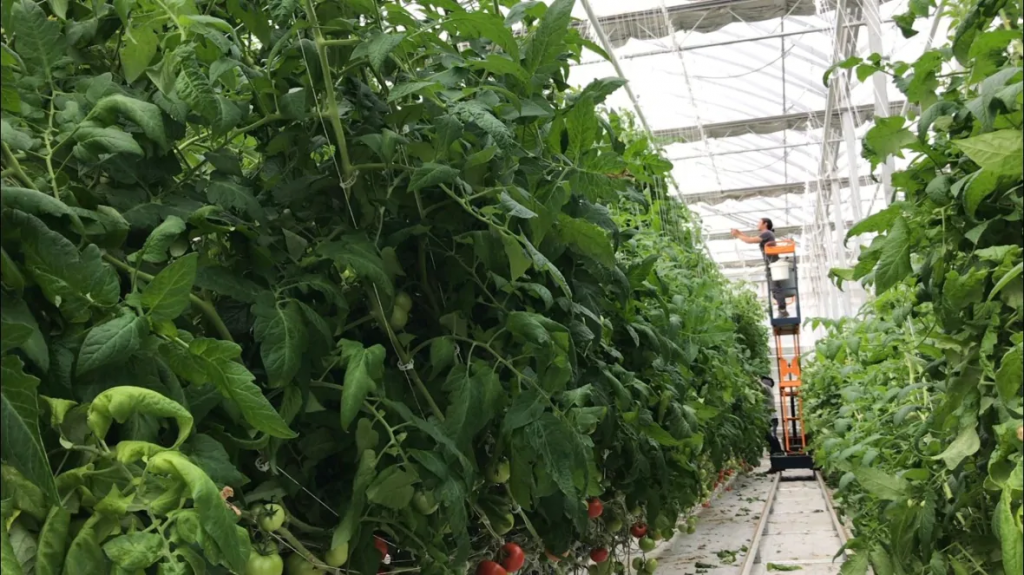Northwestern Canadian territory to increase local food production

The COVID-19 pandemic is cause for Yukon to increase its local food supply, says the minister responsible overseeing agriculture policy in the territory.
Yukon Minister of Energy, Mines and Resources Ranj Pillai made the comment while announcing a 10-year policy guide intended to boost local agriculture.
The new 2020 Agriculture Policy lists priorities for boosting local agriculture.
Since March, Canada has seen border closures, shortages of certain goods and some interruptions of the food supply chain.
The Yukon government estimates that locally-grown food represents about one per cent of Yukon’s total food consumption.
Pillai said he believes reaching “double digits,” or 10 per cent, is an achievable goal.
Broad document covers many industries
The agriculture policy was informed by consultations through committees, associations, First Nations and public meetings over more than two years.
The Yukon Agricultural Association was among the groups consulted. President Sonny Gray says he’s proud to see Yukon’s industries growing to include not only vegetable and fruit farms, livestock and poultry, but other farm-to-table industries such as makers of jams, honey, cheese and other goods.
“We have to look at the current state which is growing quickly, then try to calculate what the next 10 years is going to be,” said Gray.

The report notes that several Yukon First Nations have established agricultural projects in recent years. This is said to represent an opportunity for future growth.
Existing projects from Yukon First Nations include the Little Salmon Carmacks First Nation producing food in a community garden, the Tr’ondëk Hwëch’in and Carcross/Tagish First Nations having established teaching farms, and the First Nation of Na-Cho Nyäk Dun establishing a berry field and other agriculture in Mayo.
One idea included in the plan which could prove controversial is the idea that Yukon consider a system of supply management, similar to Canada’s national system which controls the supply of dairy, poultry and eggs. The market control is intended to prevent market flooding and price collapse, but has its critics.
No position is taken in the policy document, other than a pledge to evaluate the idea in Yukon.
More agricultural land, government promises
The document pledges to make more land available for agricultural use. It also states that Yukon should protect existing agricultural land from being rezoned.
As of now, hay remains the largest crop in Yukon.
Yukon’s Agriculture Industry Advisory Committee has set a goal to increase the yield and use of existing agricultural land.
The document also clarifies rules around subdivision of land, for instance allowing a farmer to lease a section of land to another smaller operator who does not need as many acres.
Retiring farmers
In its 2016 census, Statistics Canada found the average age of Canadian farmers is 55 after rising for decades.
One of the policy map’s goals is to encourage farmers to think ahead to their retirement, and what happens to their farm.
According to Statistics Canada, 92 per cent of Canadian farms had no written plan for succession for when farmers retire.

Lorne Metropolit, who owns and operates Yukon Gardens in Whitehorse, said he’s encouraged to see young farmers, gardeners and other entrepreneurs starting businesses and joining the territory’s agricultural sector.
The document pledges to do more when it comes to encouraging mentoring, facilitating work for summer students and developing the next generation of farmers in Yukon.
Opposition asks why the delay
Yukon’s official opposition is asking why the document was delayed as it was initially promised a year ago — long before the pandemic might have slowed anything down.
MLA Brad Cathers, agricultural critic for the Yukon Party, says he feels much of the document is vague, especially considering it is more than a year late.
He says at minimum, he would have liked to see budgetary numbers attached.
“We don’t know what the reason why it has been delayed and we believe it is appropriate for the government to explain exactly what happened,” he said.
“People are puzzled and looking for answers as to why it took so much longer.”
Related stories from around the North:
Canada: Canada’s Yukon First Nation turns to farming to help ensure food security, CBC News
Finland: Finland’s farming sector in crisis: report, Yle News
Norway: Norway and Russia agree to slash cod quotas in Barents Sea, The Independent Barents Observer
Sweden: 2018 drought took toll on Swedish farmers’ mental and fiscal health, research says, Radio Sweden
United States: This Alaskan spice shop brings new flavors to Indigenous dishes, Alaska Public Media



